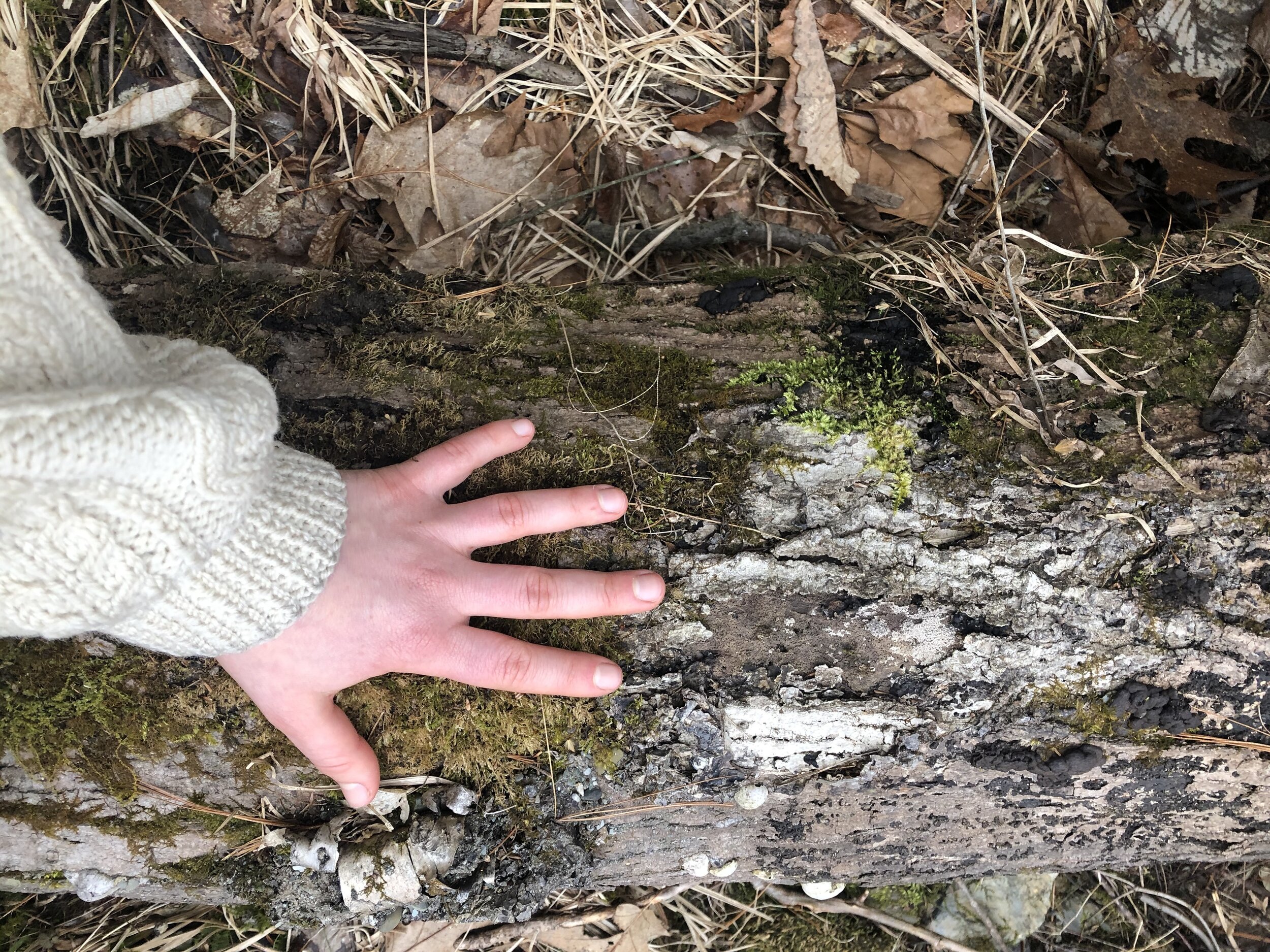loving all parts of everything
This week is about giving and receiving love— giving and receiving from myself, my beautiful housemates, my family, my chosen families, Hawthorne Valley, and the myriad species and ecosystems that I live alongside. The love I’m talking about is the difficult, sticky, confusing, yet overwhelmingly powerful kind of love—the love that says, “this is hard for me, maybe I don’t want to do this, or maybe I don’t like that, but I know it’s right.”
How can I love the parts of myself I feel most ashamed of? How can I love all of my mistakes? How can I love my weaknesses, the times I’ve hurt someone, or the times I’ve hurt myself? This act of loving isn’t to encourage more wrongful or hurtful behavior, but rather to wholly embrace and accept all of those parts of my being. All of that pain and sadness and immaturity makes me exactly who I am, and I don’t want to push that away. I feel this way about the community that we are building here, too— I love all of our points of tension, I love the dirty sink dishes, I love our growing pains, I love the kitchen flies, and maybe I even love our accumulating mass of non-recyclable plastics.
I’ve been reading the chapters on “cultural fermentation” in Sandor Katz’s Wild Fermentation book where, in a nutshell, he talks about fermentation as a spiritual force that transforms that which may be undesirable or indigestible into bundles of rich flavor, healing medicine, super nutrients, and communities of interconnected organisms (on a side note, I’ve also learned that Katz is a super radical fellow whom I’m developing deep appreciation for). He writes that fermentation—an act of alchemy—is not always pretty: the mold, the eruptions, the mysterious smells, the decomposition, the surprise maggots… these are all part of that spiritual transformation. Katz shares one of his favorite mantras on this idea, learned from a carpenter friend named Triscuit who co-built one of Katz’s communal homes: “our perfection lies in our imperfection,” he says.
He then concludes the paragraph by saying, “If you are willing to collaborate with tiny beings with somewhat capricious habits and vast transformative powers, read on.” I love that.
I’m realizing that we are all tiny beings with somewhat capricious habits and vast transformative powers, and all of those tiny beings with transformative powers also live deep within me— within all of us. To Katz, “read on” may literally mean reading into the next chapter, but I’m taking it as a challenge to live on, to love on, to approach everyday with deep acceptance and gratitude for all of the imperfections that arise. I feel as though I’m finally beginning to understand what so many folks I’ve looked to—activists, spiritual and religious leaders, healers, educators, and myriad other leaders-for-liberation— have been preaching since time immemorial: we must act from a place of love to create the world we are striving to co-create.
———
I’ve been deeply reflecting on a shift in language Jordan Williams offered me this past week— switching from ‘colonizing’ words (dismantling, overthrowing, etc.) to words rooted in sovereignty (liberating, regenerating, etc.). In line with this thinking, I’m wondering how to shift away from “fighting climate change” and towards an acceptance and maybe even love for what’s happening in the world. I don’t see this form of acceptance and love leading to apathy. When I work and live from a place of love and acceptance, I’m able to embrace the wholeness of the situation, root myself in my values, and tap into the collective undercurrent of goodness and power that all change-makers hold deep within.
To truly know, love, and serve (the mantra of Place Corps), I’m tasked with the challenge of loving the beauty and joy and consensus as I also love the pain and fear and conflict… it’s all part of the journey.

